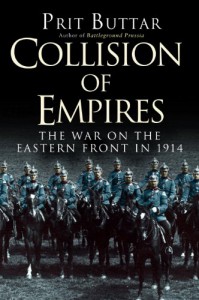There is someone's birthday sorted

Disclaimer: ARC read via Netgalley.
What Americans are taught about the First World War amounts to something like: British, Germans, assassination, France, Russia, Czar, Zimmerman telegram, needed us to win, caused World War II.
It’s no surprise really that the closest we come to a National War Memorial for the First World War on the Washington DC Mall is the one for the locals. (It’s right across from the MLK memorial). It is not as big or awe striking as the memorials for the Korean, Vietnam, and WW II wars. In fact, the average person could quite easily be forgiven for thinking that it is dedicated to a person as opposed to honor dead.
The First World War is something that happens to people on Downton Abbey and other PBS shows. Sometimes you might see something about on the History or Discovery channels, when they are taking breaks from pawning and fishing.
The reason why I say this is because I doubt I am the right person to review this book. I say this despite the fact that I always make it a point to visit the WW I memorial in DC, that Owen and Graves are two of my favorite poets, and I love Blackadder.
Empires focuses on the Eastern front of the war, an area that in both Europe and the US undoubtedly needs more attention. It is a military work, tactics and other related issues are discussed.
And because of this I found the writing to be rather dry.
It is an important book, simply because in the discussion of the battles the reader can see the ground work not only for the coming generation’s conflict but also for what happened in the 1990s and 2000s. It does deepen the understanding of a war that many of us see as trench warfare only on the Western front.
Yet, I couldn’t help wishing the writing was a tad livelier.
I can’t speak for whether the conclusions reached are good ones. Buttar is very clear when he is dealing with a debatable issue, and while his conclusions seem sound I am not in a position to judge. I found the “cast list” at the front of the book to be rather helpful in keeping track of names. Despite the dry tone, there was some personal detail about key players to make up for it. He does also show how the Franco-Prussian war influenced tactics and the army structure.
It’s a dry book, but highly recommended for those who wish to learn more about the Great War or those who wish to learn. It would also make a good present for those interested in the development of warfare as well as military history. Like my brother.
 10
10
 6
6








